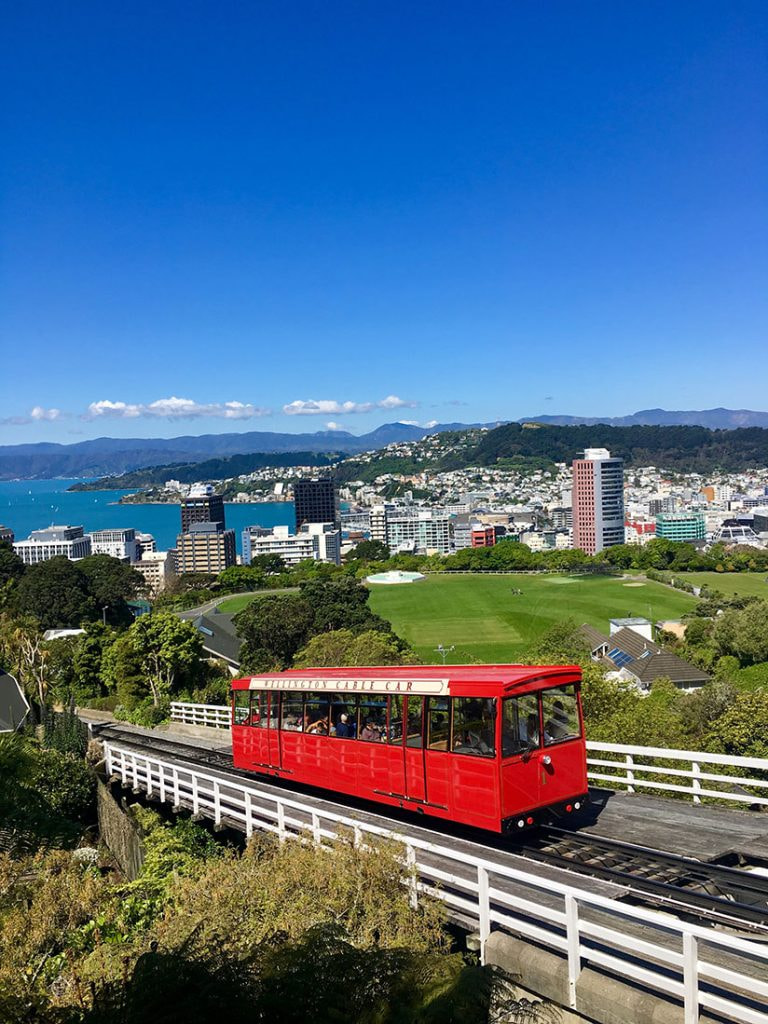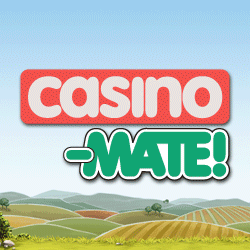Wairarapa’s gambling machines and TAB policy is up for review again. The Gambling Machines Alliance NZ disputes the social impact figures the council is using. The triennial review of the policy is underway, with community consultation coming soon. Differing opinions – and data – will be weighed up by the three district councils.

The Background
Under New Zealand law, every district needs a policy around Class 4 gambling (slot machines) and TAB venues. The policy has to be reviewed every three years. Having last reviewed their policy in 2109, the Wairarapa region is slightly behind schedule for updating. The review is expected to be completed, and enacted, by the end of December 2023.
The region’s three district councils; Masterton, Carterton and Southern Wairarapa, will all work together on the review under the Wairarapa Policies Working Group. Though most of the policy will apply to the whole of the region, individual councils are able to have unique sections that apply only to them. The Working Group has been operating for many years together and a successful outcome is expected to be negotiated.
Devil’s Advocate
The Social Impact Assessment (SIA) report, commissioned by the Wairarapa Policies Working Group, is to inform the initial decision-making of the Group, prior to Community Consultation. Masterton District Council has made clear that it intends to instigate tougher restrictions than the other two councils. Compared to the other districts, pokie machines in Masterton have a significantly higher spend per machine.
The Gaming Machines Association of New Zealand (GMANZ) is vocal in their opposition to the SIA submitted to the council. GMANZ’s Chair, Peter Dengate-Thrush, believes that some of the numbers and claims in the report are wrong. He said that, as the New Zealand average of Gambling Addiction is less than the international average, he believes extra consideration should be given to the profits created by slot machines, and the good those profits do in the community.
Who Gets It?
In 2022, of the approximately NZ$2.1 million in grants that were distributed in the Wairarapa region, most funds were given to one organisation, Trust House Foundation. The foundation owns and operates ten bars and gaming venues. Their venues have the most slot machines and generate the most gambling machine income. The grants from their machines go back into their own charitable organisation. Their charity owns and operates about 500 rental homes in Wairarapa region. “Trust House Rental Housing provides affordable rental homes to low income individuals and families in our communities who need them most.”
Other grant recipients in the region were, The Lion Foundation, One Foundation, Air Rescue Services, Trillian Trust, TAB New Zealand, and BlueSky Community Trust.
The Beef
Peter Dengate-Thrush of GMANZ took umbrage to a quote from the SIA report. “Based on limited feedback from venues and gaming trusts, the presence of Class 4 gambling venues in Wairarapa brings limited economic benefit to the Wairarapa region, with minimal impact on employment.” Considering the number of venues and organisations that run on gambling machine takings and grants, it is easy to understand why Peter believes that “limited economic benefit” isn’t accurate.
He also drew notice to a discrepancy in the figures describing how much grant money the Wairarapa region receives. The Social Impact Assessment report stated that grant funding to the region from gambling machine takings was much lower than elsewhere in the country by about half. However, this could be said to be incorrect, as the Granted website shows all three districts receiving $2 million (of about $5 million), or 40%. But then, one report from the Department of Internal Affairs gave the same number as in the SIA, that only 20% of takings was returned to the Wairarapa region.
So, who’s correct? Peter of GMANZ says that the different numbers could be attributed to whether GST is taken out of the figure or not. With GST deducted, Peter’s 40% is correct. Without it deducted, the SIA is correct. So … they are both correct. Ultimately, the aim of the policy review is a good one, to reduce problem gambling. Time will tell if that is what it does.
If you or anyone you know is suffering from gambling addiction or the effects of it, go to the Problem Gambling Foundation website for information and support.




